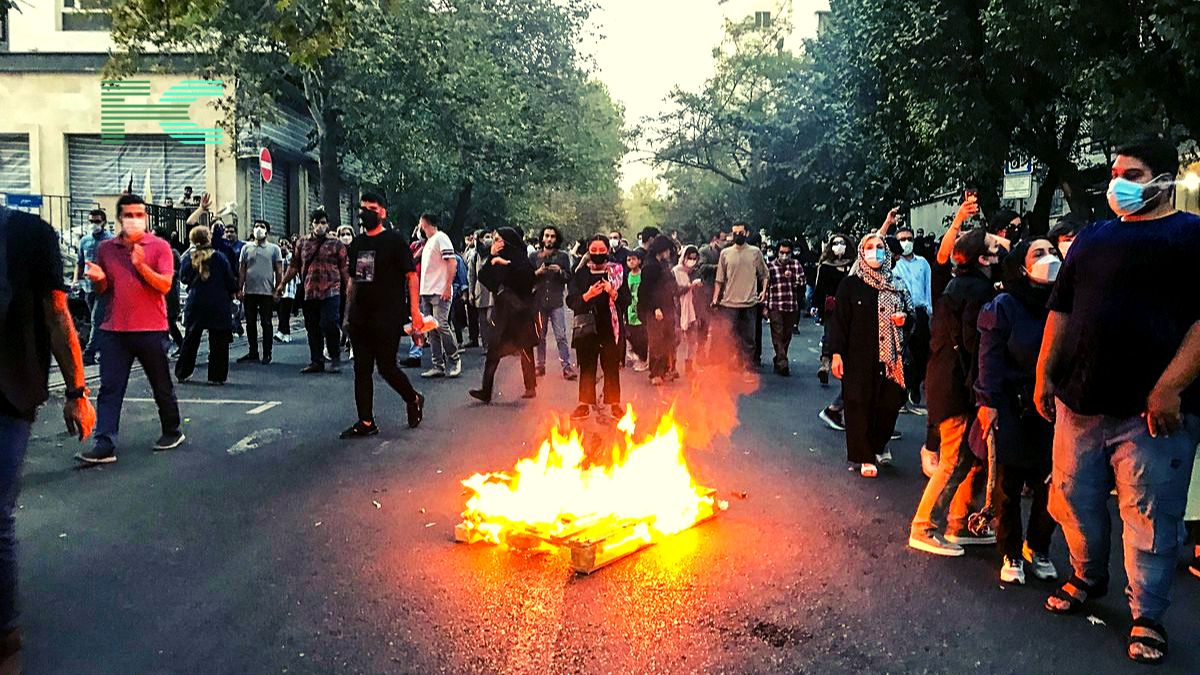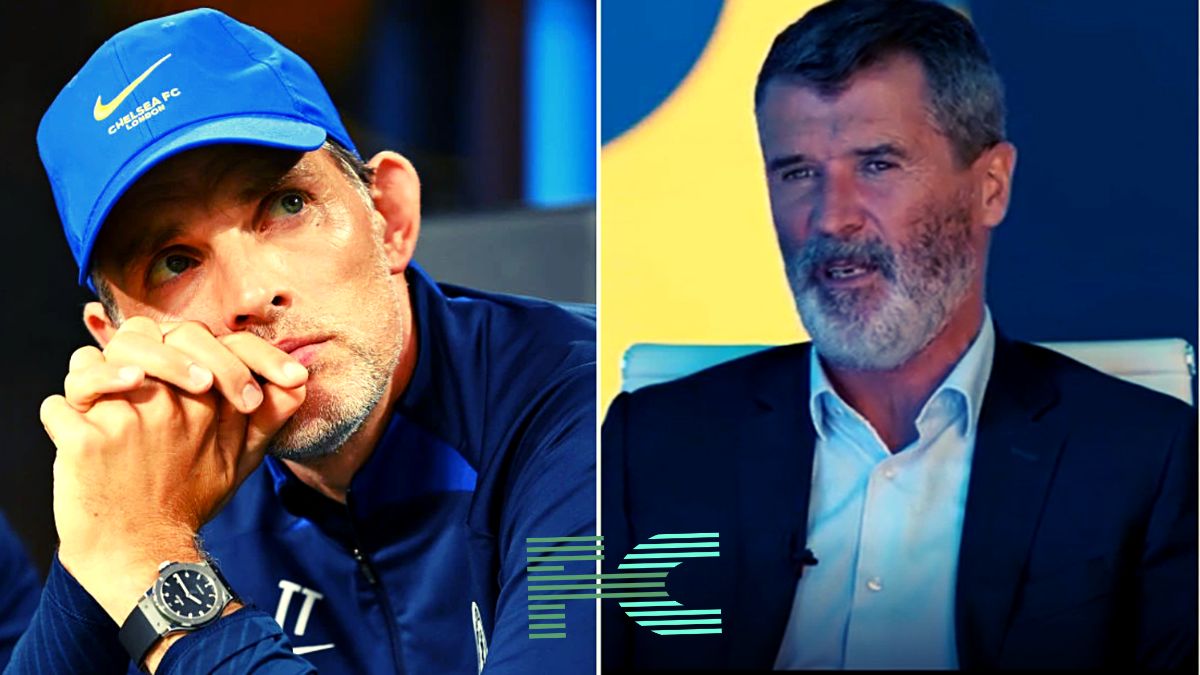Defense Secretary Pete Hegseth has terminated Lt Gen Jeffery Kruse as director of the Defense Intelligence Agency (DIA) amid ongoing tensions between the Pentagon and White House over intelligence assessments regarding Iran’s nuclear program. The dismissal comes just weeks after President Donald Trump publicly denounced a leaked DIA report that concluded American strikes on Iranian facilities had only set back Tehran’s nuclear ambitions by months rather than years.
The White House had declared the agency’s assessment “flat out wrong,” with Trump insisting the attacks had “completely destroyed” nuclear sites and accusing critics of attempting “to demean one of the most successful military strikes in history.”
The intelligence leadership change represents part of a broader pattern of personnel actions, with Hegseth also ordering the removal of the chief of US Naval Reserves and the commander of Naval Special Warfare Command according to Reuters sources.
As at the time of filing this report, the Pentagon has not provided immediate explanation for the firings, though the timing strongly suggests connection to the Iran assessment controversy that erupted during June’s NATO summit, where Hegseth himself dismissed the DIA report as based on “low intelligence” and revealed an FBI probe into the leak.

The Public Reactions
US Senator Mark Warner immediately characterized the firing as evidence of Trump’s “dangerous habit of treating intelligence as a loyalty test rather than a safeguard for our country.” This pattern has persisted throughout Trump’s administration, with numerous officials removed whose analyses conflicted with presidential statements, including July’s dismissal of Labor Statistics Commissioner Erika McEntarfer following disappointing jobs reports and April’s termination of General Timothy Haugh as National Security Agency director alongside numerous National Security Council staffers.
The Kruse dismissal raises fundamental questions about intelligence professionalism in an increasingly politicized environment. Career intelligence officials face growing pressure to align assessments with administrative preferences rather than objective analysis, creating ethical dilemmas for non-political appointees serving across presidential administrations.
The FBI investigation into the Iran assessment leak mentioned by Hegseth further compounds these pressures by potentially criminalizing the dissemination of analyses contradicting official narratives, regardless of their accuracy or classification status.
Why It Matters
These personnel changes may have lasting implications for intelligence community morale and independence. The perception that analytical conclusions rather than performance deficiencies drive dismissal decisions could encourage risk-averse reporting and self-censorship among intelligence professionals. This environment potentially compromises the quality of national security decision-making by filtering objective analysis through political considerations, particularly regarding sensitive issues like Iran’s nuclear program where accurate assessment directly impacts military planning and diplomatic strategy.

















